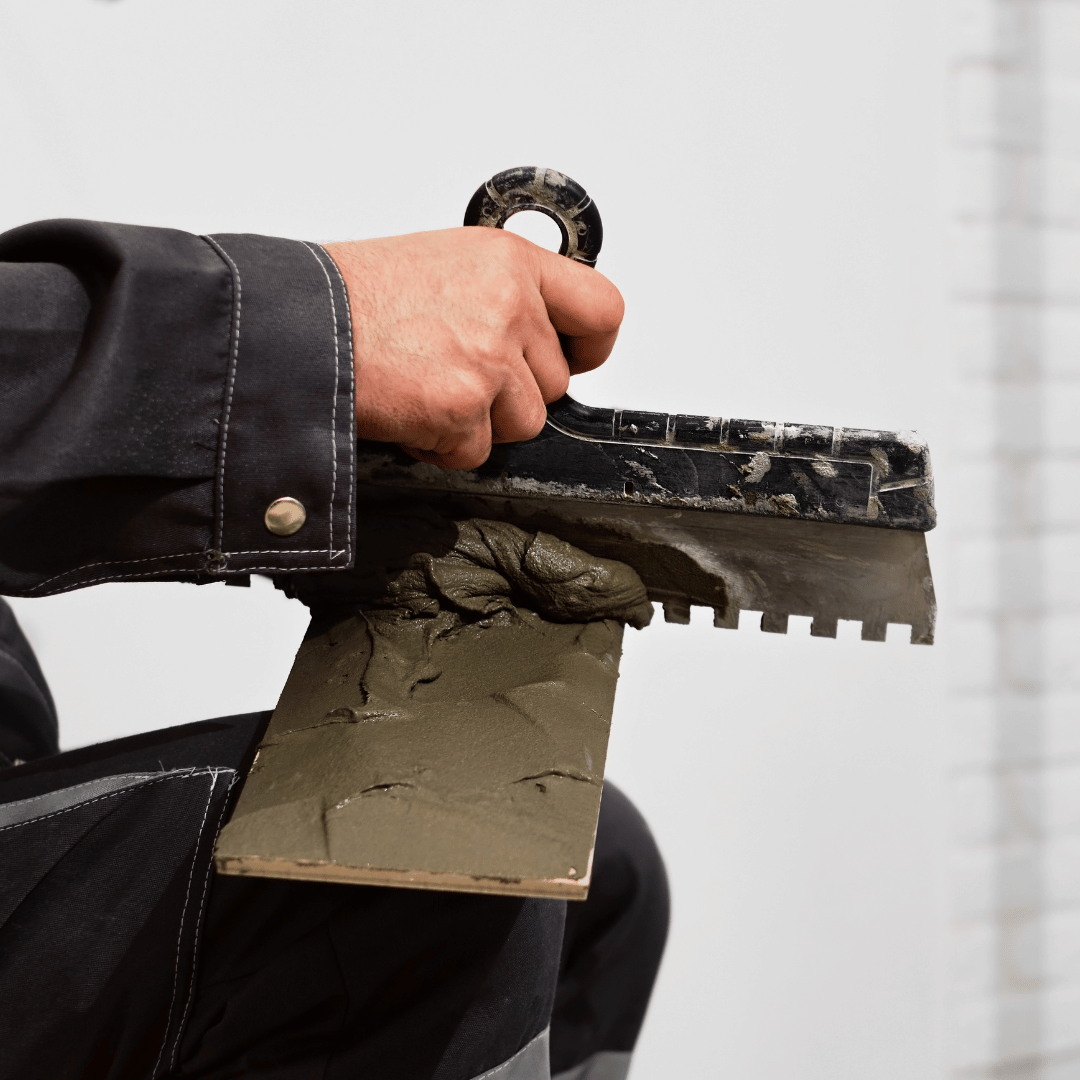When it comes to tiling your floors, walls, or backsplashes, choosing the right grout is just as important as choosing the right tile. Grout not only fills the gaps between tiles but also plays a crucial role in supporting and protecting the tiles from damage. We`ll explain the 4 types of grout, which ones we use, and why we recommend using a specific type for specific locations.
1) Cementitious Grout:
Cementitious grout is the most common type of grout used in tiling projects. It is made from a mixture of cement, sand, and water and is available in sanded and unsanded variations. At Grand Tiling Concepts, we use a high quality, premium sand-free cementitious grout for our projects.
Sanded cementitious grout is ideal for larger gaps between tiles, while unsanded cementitious grout is best suited for thinner grout lines. Cementitious grout is also suitable for both indoor and outdoor use and is available in a wide range of colors.
2) Epoxy Grout:
Epoxy grout is a popular choice for high-traffic areas such as commercial kitchens, bathrooms, and hospitals. It is a two-part mixture consisting of resin and hardener, which provides greater resistance to stains, mold, and mildew.
Epoxy grout is available in a range of colors and is ideal for tiles that require frequent cleaning or are exposed to water or chemicals, for example showers and kitchen splashbacks. It is also more expensive than cementitious grout and requires special application techniques.
3) Urethane Grout:
Urethane grout is a blend of resin and hardener that offers high flexibility and durability. It is ideal for tiles that are prone to movement, such as those on concrete or wood substrates.
Urethane grout is also resistant to stains, mold, and mildew, making it a suitable choice for wet areas such as showers and swimming pools. It is available in a range of colors and does not require sealing.
4) Furan Grout:
Furan grout is a chemical-resistant grout ideal for industrial and commercial applications. It is made from a blend of polymers and acids and offers excellent resistance to chemicals, acids, and high temperatures.
Furan grout is not suitable for residential use due to its harsh chemical composition and strong odor. It is only available in black and requires specialized application techniques.

